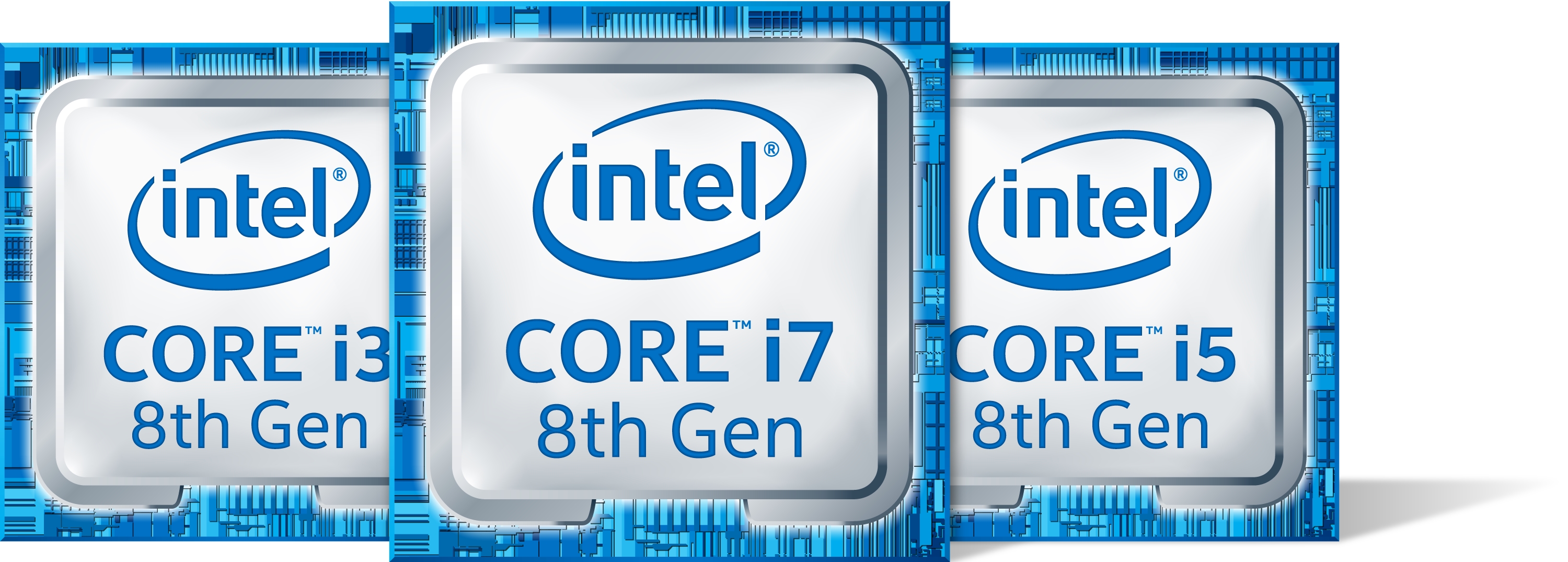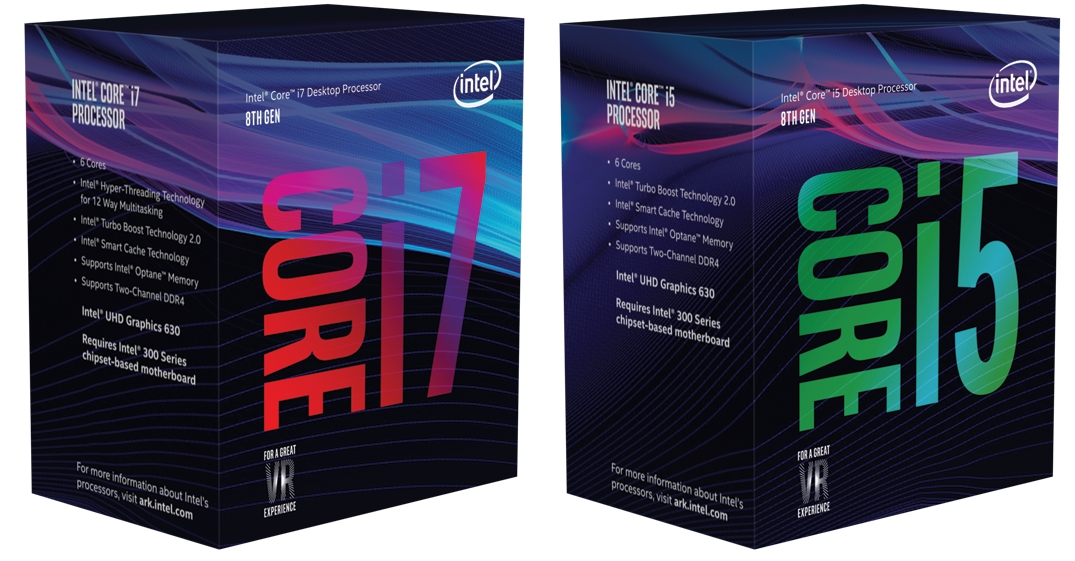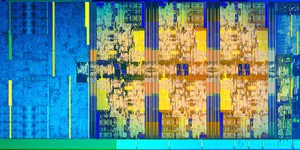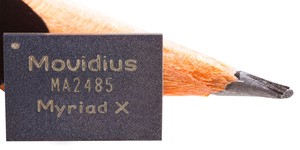
We’re nearing the end of what has been a jam-packed year of processor launches. There are still some significant additions to both AMD and Intel’s line-ups to come, though, including 12-, 14-, 16- and 18-core high-end desktop models from Intel and more affordable AMD Ryzen Threadripper. However, while all of these products add huge weight to the argument that 2017 has been the most exciting year for processor launches for over a decade, there’s possibly still one more potentially game-changing launch to come.

Intel is planning 8th-Gen Coffee Lake desktop CPUs and rumours are that there will be several six-core CPUs in the mix. This will be the biggest shake-up to its mid-range CPUs since it decided to rein-in overclocking and limit it to K-series CPUs, but perhaps more importantly, the CPUs will be the first core count increase of its enthusiast-orientated mainstream processors since the launch of the Core 2 Q6600 over a decade ago.
I saw some very mixed comments on the subject online over the last few weeks too, with all the rumours flying around. One was critical of Intel for not boosting core counts sooner and praised AMD for offering 6-core Phenom CPUs long ago. This is somewhat of questionable statement given that the likes of the Phenom II X6 series were woefully inefficient and rarely outperformed Intel’s quad-cores by the margins a two-core advantage would suggest. In fact, in many tests they were slower, with only niche multi-threaded applications making them worthwhile.

Other comments made the obvious remarks about comparing Ryzen to Intel’s supposed new CPUs. This is perhaps a little more interesting and less fanboy-ish, for the simple reason that the Ryzen 5 1600 and 1600X are likely going to cost a lot less than Intel’s six-core offerings. Even if the latter can bridge the huge gaps in performance we’ve seen in some tests between the likes of the Core i5-7600K and Core i7-7700K, the six-core Ryzens will still likely represent good value. Unless, that is, Intel is planning some mainstream price cuts too.
With the latest leaks pointing to Core i5 six-core, six-thread and Core i7 six-core 12-thread CPUs, the obvious sweet spot will be the Core i5, especially if it retails for a similar price to the current quad-core. Due to Intel’s overclocking prowess, though, it could well prove to be just as good value as the six-core Ryzen 5’s, and the Core i7 could even end up being quite attractive too despite a £300-plus price tag if 4.6-4.8GHz is a reasonably easy target - this could well give the 8-core Ryzen 7s something to think about too.

A lot, then, depends on pricing and overclocking, but I can’t help but wonder if Intel couldn’t have saved itself a huge amount of bother by doing with Kaby Lake what it’s rumoured to be about to do with Coffee Lake and boosting the core count for these CPUs. It could have usurped AMD’s Ryzen 5 and potentially the Ryzen 7 series and even if the launch had happened much later than the January release we actually saw, AMD took a while to find its feet and sort out a variety of teething issues, most of which are now firmly in the past.
As a journalist, you have to remain unbiased about these things, of course, and I genuinely hope that whatever Intel releases will be awesome, in just the same way I felt before Ryzen’s launch. To dismiss Coffee Lake’s six core CPUs entirely would be very foolish, though, and I can’t wait to see how it stacks up against the Ryzen 5 and Ryzen 7 CPUs and whether it can deliver enough multi-threaded grunt to worry AMD.
The Ryzen 5 six-core CPUs’ strengths have been their reasonable overclocking headroom and excellent multi-threading performance for the price, which made the Core i5-7600K far less appealing, especially as an all-rounder. Even if the new Core i5 can bridge some of the gap between the current Core i5-7600K and the awesome hyper-threaded Ryzen 5 1600, Intel could well make the Core i5 K-series CPU an attractive all-round product again. At the very least, I'm looking forward to yet another fascinating battle of CPUs.

MSI MPG Velox 100R Chassis Review
October 14 2021 | 15:04








Want to comment? Please log in.